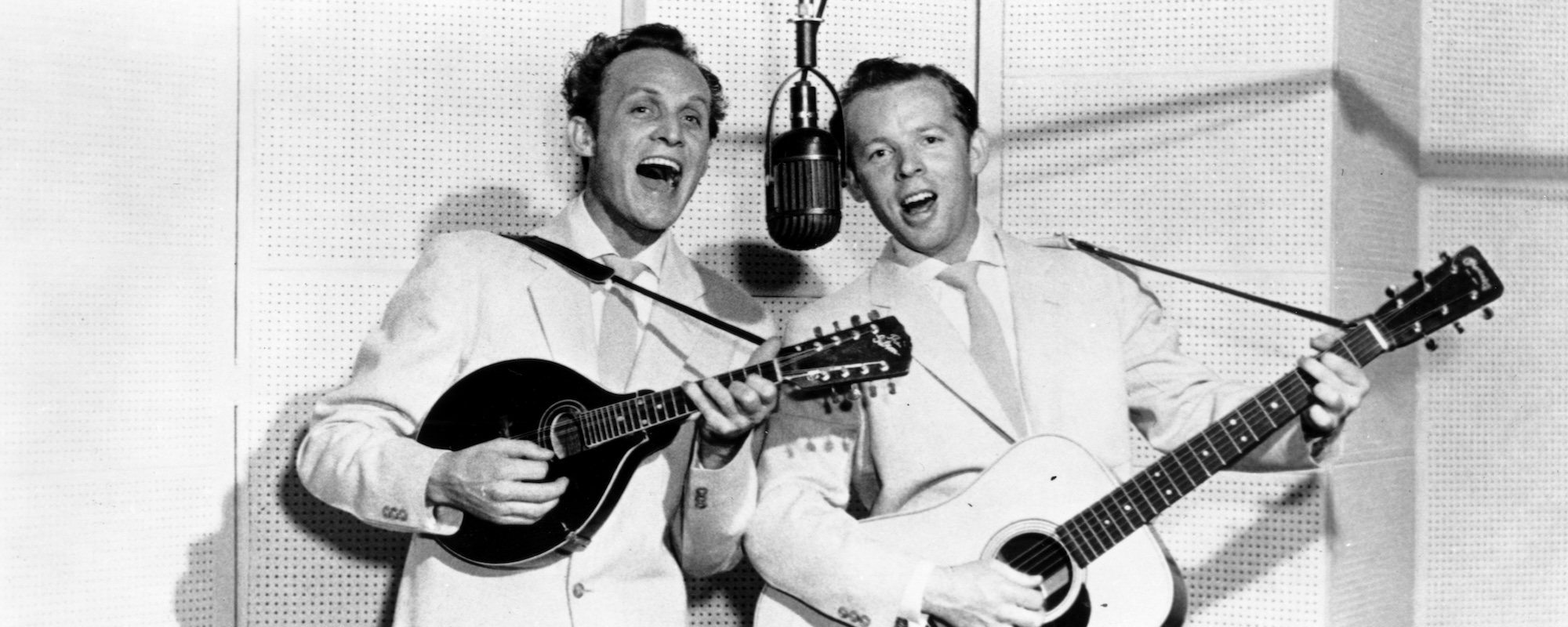When it comes to songwriting, there is a method to the madness. Now, other artists work well in spontaneous bursts. Others, the exact opposite. Regardless, what bridges these two types together is that when they are on a roll, nothing will stop them. That was the case when Don Henley wrote the Eagles‘ top 10 hit, “Witchy Woman”, as he was battling the flu and slight delirium when he wrote it back in the 1970s.
Videos by American Songwriter
Don Henley’s contributions to the Eagles include his drumming, singing, and songwriting. Eagles tracks written by Henley include “Desperado”, “Heartache Tonight”, and their magnum opus “Hotel California”. As the facts show, Henley was a songwriting machine, and nothing stopped him from being such, including the flu. Indeed, even while suffering from a high fever and other flu symptoms, he was still able to create one of the greatest Eagles songs of all time.
The Unusual Circumstances Behind the Creation of the Eagles’ “Witchy Women”
Recalling when and where he wrote “Witchy Women”, Don Henley told Cameron Crowe in 2003, “I was living in an old house in the Hollywood Hills on the corner of Camrose and Tower, near the Hollywood Bowl. Bernie [Leadon] was living way out in Topanga Canyon, but he came over one day and started playing this strange, minor-key riff…It had a haunting quality, and I thought it was interesting, so we put a rough version of it down on a cassette tape,” via The Uncool.
After Bernie Leadon dropped that track, Henley came down with the flu and the slight delirium it entailed. However, it was during this time that the majority of “Witchy Women” was written. Henley divulged to Crowe, “Shortly after that, I came down with the flu, I had a very high fever and became semi-delirious at times — and that’s when I wrote most of the lyrics.”
“Every time the fever subsided, I would continue to read a new book I’d gotten on the life of [F. Scott Fitzgerald’s wife] Zelda Fitzgerald, and I think that figured into the mix somehow,” added Henley. Regarding the last half of that statement, the legend of Zelda Fitzgerald was seemingly a major inspiration for Henley. After all, the song’s lyrics tell a tale of a seductive and rebellious woman with a tragic, self-destructive streak.
Nevertheless, it seems the non-ideal circumstances are what made this song what it is—a terrific ballad and a top 10 hit, as it peaked at No. 9 on the Billboard Hot 100 following its release.
Photo by Clive Dix/Shutterstock













Leave a Reply
Only members can comment. Become a member. Already a member? Log in.